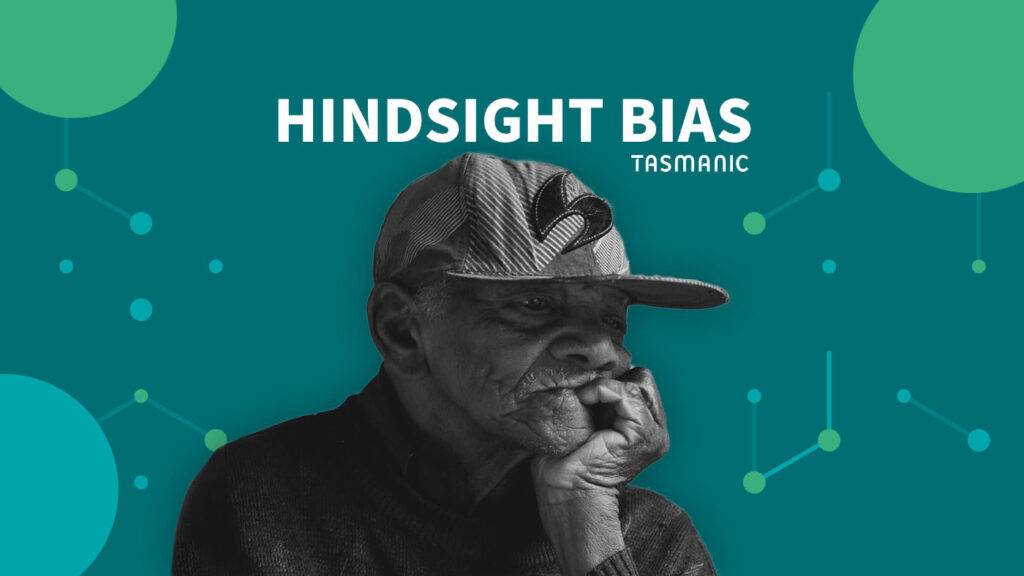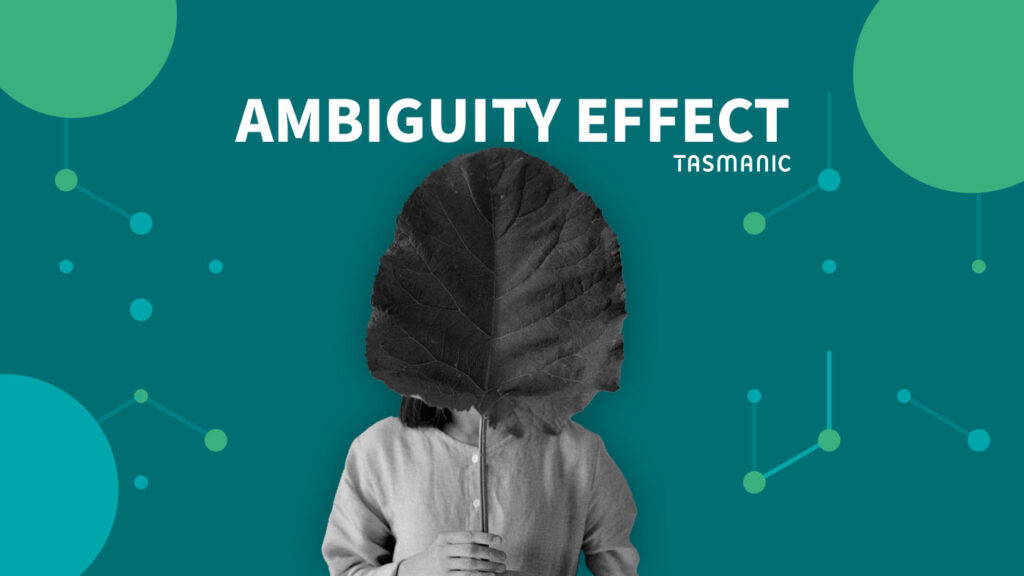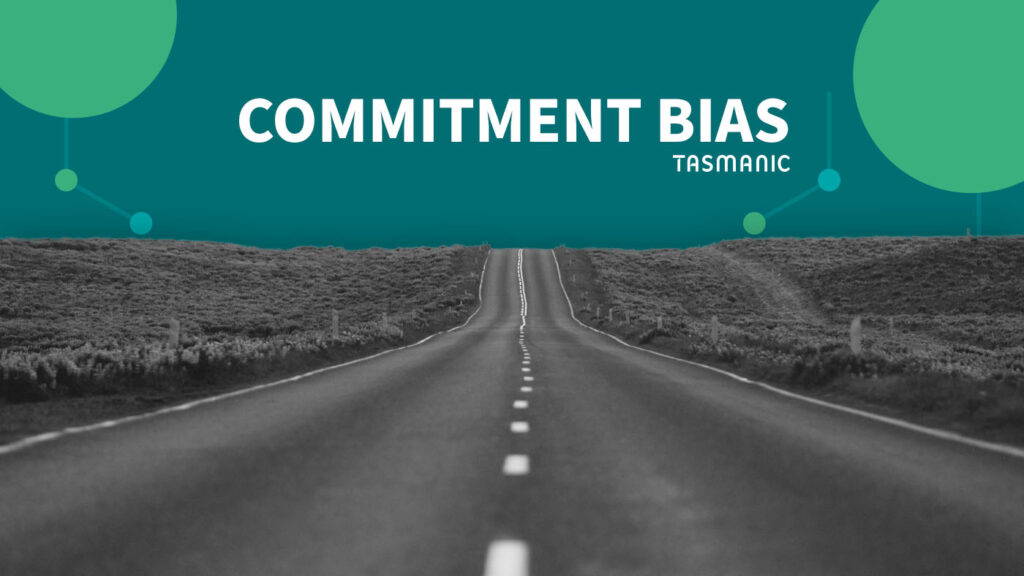
Last updated June 3, 2024
Introduction
There are very many people who can explain in retrospect why certain events took place, but very few who can predict in advance that they will take place. Looking back, everything is very clear. Why do we suddenly find unpredictable events predictable after they happen? And how do you apply this hindsight bias in practice as an entrepreneur?
What is the hindsight bias?
The hindsight bias is our tendency to look back at an unpredictable event and then think it was easy to predict (Fischhoff, 1975).
You simply cannot know the outcome of an unpredictable event before it has occurred. The insights come only after the event has occurred, but the hindsight bias gives you the idea that you can judge things well, that you have a talent for it. You overestimate yourself. As a result, it has a negative effect on future decisions we make. You no longer look realistically at the possible consequences of your decisions because you dangerously overestimate your talent for predicting consequences. As a result, you may be taking excessive risks (Cherry, 2020).
How does hindsight bias arise?
As you receive new information about something that happened, you look at it through a different lens. As a result, your thought or opinion about this event changes (Samson, 2017). The new information overwrites the old information. When you ask someone for a prediction before and after the event, you may get a different answer, with the latter answer leaning more toward what really happened. You remember your prediction differently because you prefer, what you know afterwards, which is true.
Bias, according to Roese and Vohs (2012), takes place at three stackable levels:
- "I don't remember saying that": when we misremember our judgment about an event.
- "Anyone could have seen that coming": when we think an event is inevitable.
- "I told you this would happen": when we believe the event was foreseeable.
Again, three variables affect the level at which hindsight bias occurs, and thus our tendency to overestimate our predictive abilities:
- Cognitive: the confirmation bias, in which we selectively remember that information that confirms our opinion.
- Metacognitive: when, looking back, you have a good understanding of why something happened, you start to believe that you knew this before, according to the availability heuristic.
- Motivating: it feels comfortable if the world is predictable and it gives a positive image about yourself if you knew the outcome of an event all along.
Examples in practice
Examples of statements and situations where hindsight bias plays a role:
- "I always knew he would succeed in becoming a successful entrepreneur!"
- After a colleague unexpectedly resigns, and looking back you see all kinds of signs for this, "I always had the feeling he didn't like it here."
- Banks, when looking back at financial fluctuations, may forget to move themselves back in time with the knowledge and resources of the time and therefore think they can predict future changes.
- The percentage of voters who thought before the election that a particular political party was going to win is smaller than the percentage who thought so retroactively after the election.
- You buy stocks. In hindsight it turns out to be a very good choice and you commend yourself for your excellent understanding of the market. The stocks seem like a very logical choice in retrospect.
Using the hindsight bias to your advantage
Hindsight bias can play a role in important decision-making, but it is difficult to use to your advantage because the bias occurs only after a decision or event has occurred. Still, there are some things you can do:
- Always be aware of the possible presence of this bias. Otherwise you will quickly become overconfident after 1 good prediction.
- Be sure to confirm your clients in their good choice of you in the past. Show successes, point out the benefits of working together.
- As an entrepreneur or marketing team, keep a journal of sorts of the decisions you made, what your thought was about them at the time and what outcomes you expected. This will prevent you from adjusting your reasoning after the fact.
Resources
Cherry, K. (2020). "How Hindsight Bias Affects How We View the Past." Retrieved June 30, 2020, from https://www.verywellmind.com/what-is-a-hindsight-bias-2795236
Fischhoff, B. (1975). "Hindsight is not equal to foresight: The effect of outcome knowledge on judgment under uncertainty." Journal of Experimental Psychology: Human Perception and Performance, 1(3), 288-299.
Roese, N. J., & Vohs, K. D. (2012). "Hindsight Bias." Perspectives on Psychological Science, 7(5), 411-426. doi:10.1177/1745691612454303
Samson, A. (2017). "The Behavioral Economics Guide 2017." Behavioral Science Solutions.
Is your company missing opportunities?
Our pay is based on your results.

















 Team
Team FAQ
FAQ Prices
Prices Vacancies
Vacancies Contact
Contact Marketing
Marketing SEO
SEO SEA
SEA Strategy
Strategy Sales
Sales Optimization
Optimization AWR
AWR Ahrefs
Ahrefs Channable
Channable ContentKing
ContentKing Leadinfo
Leadinfo Optmyzr
Optmyzr Qooqie
Qooqie Hubspot
Hubspot Semrush
Semrush




